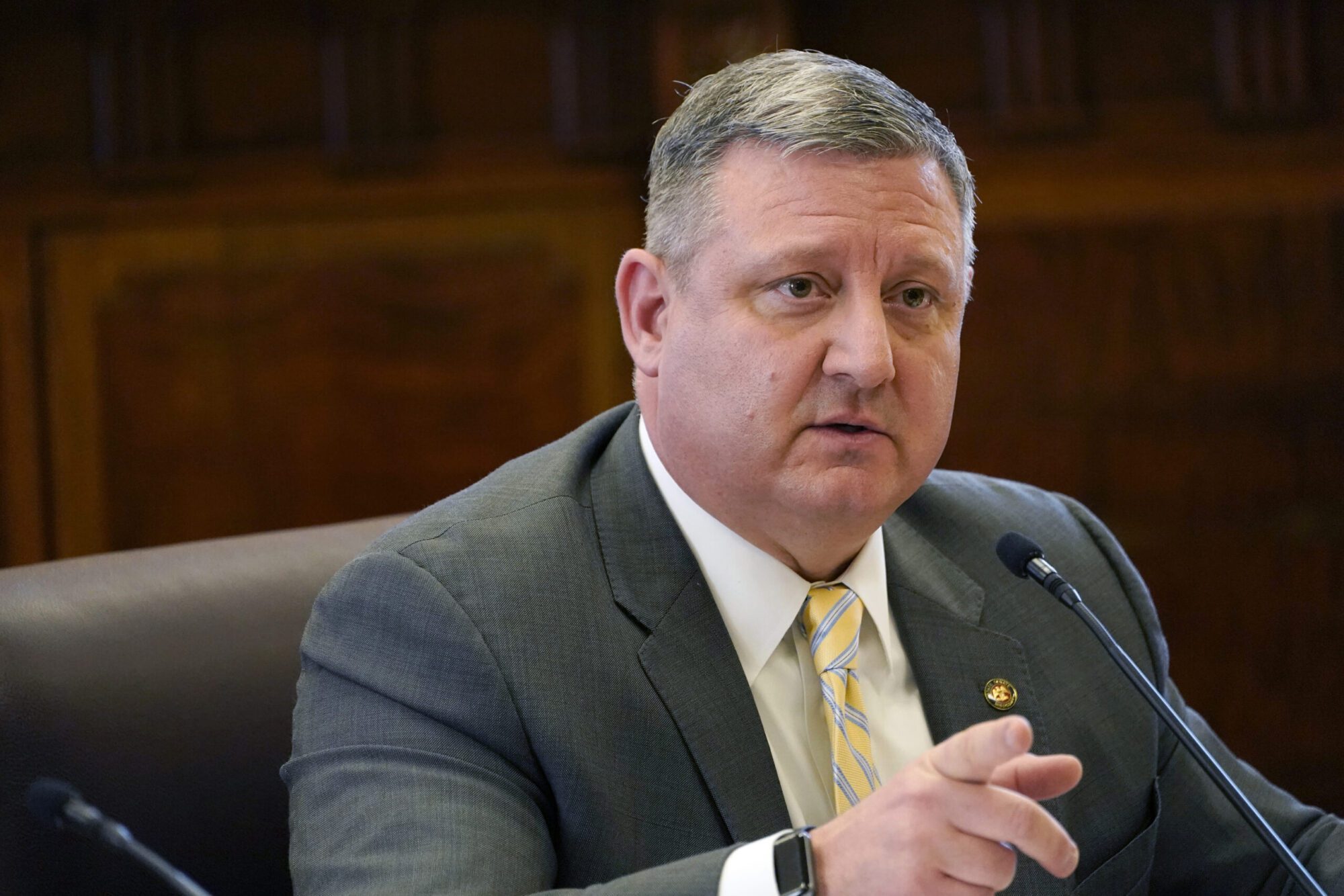
Rebekah Staples
PERS is a significantly large system relied upon by thousands of Mississippians. More than ever, we need mature, thoughtful players who ask the right questions to fix its challenges and secure the plan’s long-term stability.
Last week, I watched Ray Higgins, executive director of the Public Employees’ Retirement System (PERS), give two presentations about the state’s retirement system. Both times I was impressed by his ability to distill complex topics into something concise and relatable. When pensions are the subject du jour, this is a unique accomplishment. Despite his delivery, legitimate questions remain about the long-term direction of PERS.
At the Stennis Capitol Press Forum on Monday, Higgins was asked:
Where does PERS rank nationally in terms of taxpayer costs?
Answer: Our plan costs taxpayers more than those in most states.
Where does PERS rank nationally in terms of funded status?
Answer: Our plan is “well below the median” at 61 percent, which is to say we only have about three-fifths the money needed to cover plan liabilities.
What is PERS’ cash flow situation?
Answer: It’s negative, as PERS is paying out more in benefit payments than it collects in contributions.
Good and relevant questions, I thought. Better questions came on Friday when the Joint Legislative Budget Committee (JLBC) hosted budget hearings. The first agency asked to present was PERS, and their expected 25-minute session turned into a 1.5-hour dialogue that included important inquiries:
Does the PERS Board understand they are calling for local tax increases or cuts in government services by raising the employer contribution rate? One lawmaker noted the rate hike would cost cities like Hattiesburg $2 million and Clinton $1 million. Another said there’s “no way” locals can plan for the 50 percent rate increase requested by the Board.
How long has the PERS Board known of the financial challenges of the plan, and why does the PERS Board keep asking for more taxpayer money? One lawmaker noted that he “would rather not hear it” if PERS cannot commit to stable funding requests.
Has the PERS Board considered all options, such as new retirement tiers and other system changes, and not just asking taxpayers to shoulder rising costs? One lawmaker noted the board historically relies on “taxpayers to bail us out” instead of considering other long-term solutions.
Why does PERS Board and staff keep using the term “fiduciary” when it has taken the system so long to change metrics to align with the current economy? One lawmaker noted the Board has long known of inflated assumptions built into system design.
Does the PERS Board realize its very structure favors those who benefit from the plan, not taxpayers? One lawmaker noted the rate hike is a “not a mandate coming from D.C., but rather from the board which is made up of a majority of retirees and/or PERS beneficiaries.”
What a week of questions! Then again, much of governing is simply that – asking the tough questions, obtaining relevant data, and determining the right steps to ensure all taxpayers’ interests are protected (including those who do and do not benefit from PERS).
I applaud both the JLBC members and Ray Higgins for their comprehensive and public discussion of system challenges. As outgoing Speaker of the House Philip Gunn noted, Higgins is a “breath of fresh air” in his approach to leading PERS.
But he’s not the only timely voice when it comes to the state’s retirement system. The JLBC consists of Republicans and Democrats, with legislators from both parties asking pointed questions. Over the past few months, mayors of all political leanings – Democrat, Republican, and Independent – have openly opposed the cost increases.
Even the PERS Board, which received much scrutiny during the budget hearing, includes members with diverse opinions. I’ll note here that board members David McRae (Republican State Treasurer); Chris Graham (head of the Mississippi Department of Revenue); and George Dale (former Democrat State Insurance Commissioner) have previously voted against rate hikes.
PERS is a significantly large system relied upon by thousands of Mississippians. More than ever, we need mature, thoughtful players who ask the right questions to fix its challenges and secure the plan’s long-term stability. After all, hard questions – and honest answers – are the beginning of any legitimate discussion to protect our retirees’ security and the fiscal well-being of our state.











